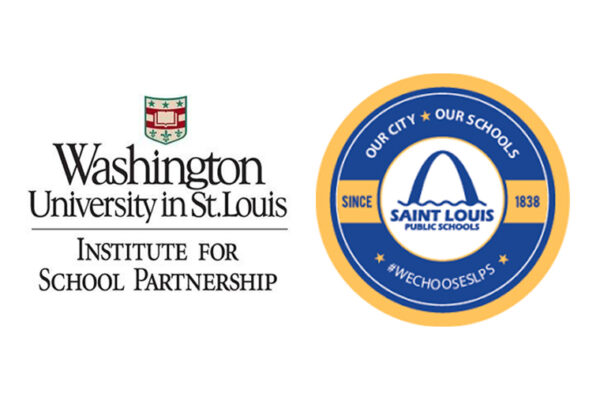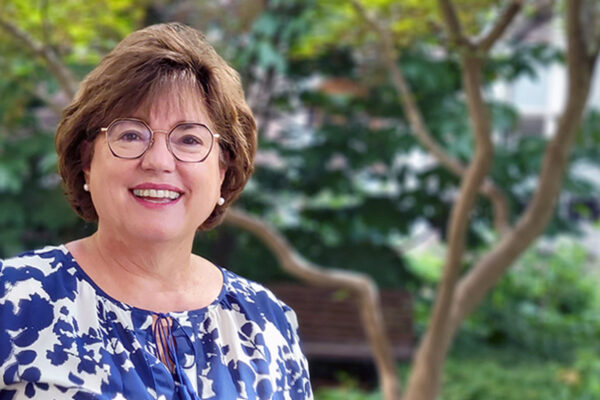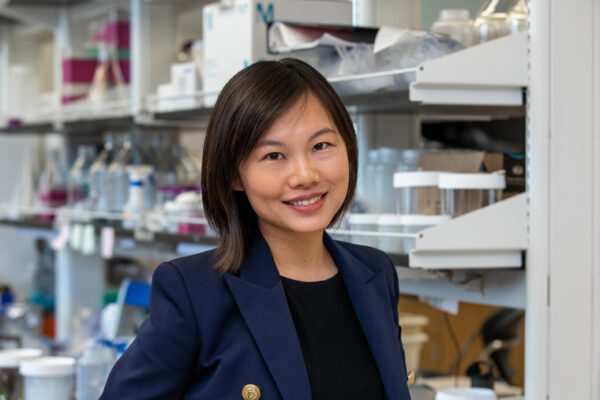Outcomes of a two-year STEM learning pilot program that the Institute for School Partnership at Washington University in St. Louis (ISP) completed in partnership with St. Louis Public Schools (SLPS) and The Little Bit Foundation are encouraging.

Participating teachers indicated that they felt better prepared to provide high-quality instruction and empowered to step out of their comfort zones, and students achieved higher scores than their peers on science exams.
In addition, the benefits of the pilot increased over time as participating teachers had the opportunity to learn and grow. Teachers reported changing their instructional practices and providing more opportunities for hands-on, inquiry-based learning for students. Other encouraging outcomes included:
- Students of teachers who participated in the pilot had an average growth two times higher than their classmates in the same schools and outpaced the district average.
- Students in the pilot achieved higher scores than their peers on science exams, with the largest increases among those students in the most impoverished schools.
- Students in classrooms supported by the pilot made up 90% of third, fourth, and fifth grade entries in the second annual SLPS Virtual Science Fair.
- Students continued to engage in science through remote learning, despite the ongoing impacts of the pandemic.
Read the Institute for School Partnership’s summary of the results here.


